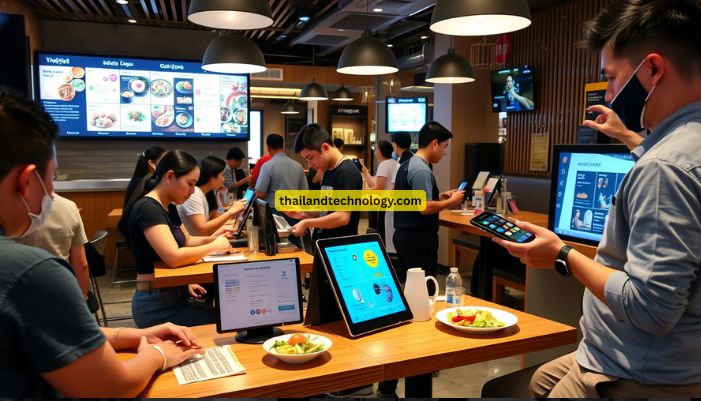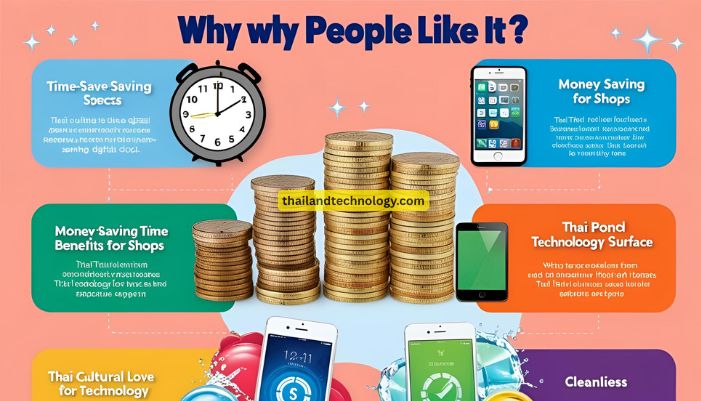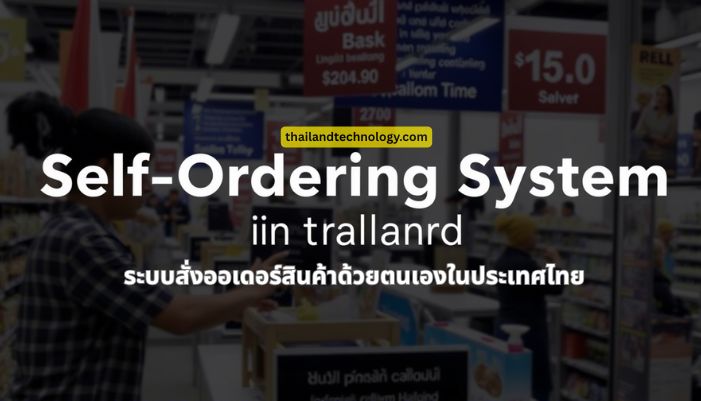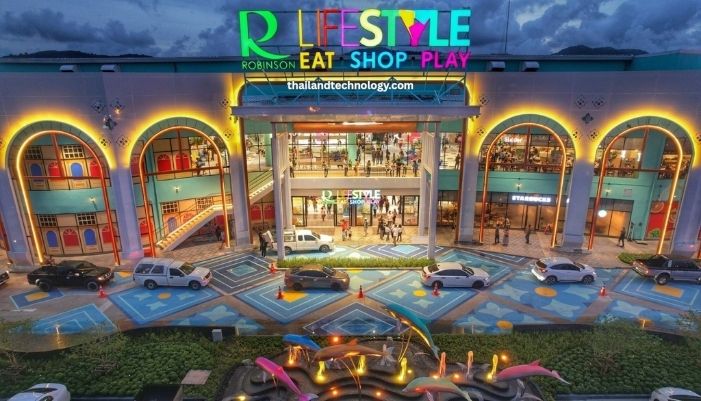Have you been to a restaurant or store in Thailand and seen a screen where you can order things by yourself? That’s called a self ordering system. This article will tell you all about the self ordering system in Thailand (ระบบสั่งออเดอร์สินค้าด้วยตนเองในประเทศไทย). We’ll explain what it is, where you’ll see it, and how it helps both customers and businesses. Let’s take a closer look at how it’s making life easier.
What Is a Self Ordering System?
A self ordering system is a simple way for people to order things without talking to staff. You use a touchscreen, tablet, or phone. You pick what you want, pay, and wait for your order.
How It Works in Restaurants
In many Thai restaurants, you’ll now find a screen or tablet near your table. You tap the food you want, pay with your phone or card, and then wait for your meal.
Example:
At MK, KFC, or Shabu-shabu places, you can order from a screen and pay without standing in line.
How It Works in Stores
In stores, you can buy items or pay bills using a small machine. These are very common in places like:
- 7-Eleven
- Big C
- Mini marts in Bangkok or Chiang Mai
It’s easy to use and saves time.

Why People Like It
⏱️ It Saves Time
No more waiting in long lines. Just tap the screen and order. It’s fast, and you can see pictures of the food or items.
It Saves Money for Shops
Restaurants and stores can hire fewer workers. This means they can keep prices low. Even small cafes in Thailand are using these machines.
Thai People Love Tech
Most Thai people use apps like LINE, Grab, and Foodpanda. So, ordering on a screen feels normal. Even older people are learning to use it fast.
It’s Cleaner
After COVID, many people wanted to avoid too much contact. Ordering on a screen means less talking and touching shared things.

Where You Can See These Systems
️ Shopping Malls
Big malls like Central or Terminal 21 use kiosks in food courts. You load money on a card and tap to order food.
Fast Food Places
At McDonald’s, Burger King, and KFC, you’ll find big touchscreens at the entrance. You order, pay, and wait for your number.
Convenience Stores
7-Eleven is leading the way. You can now pay bills, top up your phone, or buy drinks using a screen near the counter.
How Shops Use These Systems
The Screens
They use touchscreens or tablets. Some are big kiosks, others are small tablets on tables. Easy to clean and easy to use.
The Software
The system works in Thai and English. It links to the kitchen or shop’s system to send the order. Some common ones in Thailand are:
- Wongnai POS
- StoreHub
- Line MAN Wongnai Kitchen
The Payments
You can pay in many ways:
- PromptPay
- Credit card
- QR Code
- Wallet apps like Rabbit Line Pay
What People Are Saying
Most people like it. Kids think it’s fun. Adults think it saves time. Tourists like seeing photos and English menus.
One customer said:
“I don’t have to explain my order. I just tap and go. So easy!”
A cafe owner in Chiang Mai said:
“I save money every month by using a tablet instead of hiring one more worker.”
How It Helps Businesses
- Faster service = More happy customers
- Fewer mistakes = Less waste
- Lower costs = More profits
- Easy upsell = People buy more when they take time to browse
For small and big shops, this system brings many benefits.
What’s Coming Next?
The self ordering system is just getting started. Here’s what we may see soon:
- AI that remembers your favorite order
- Voice ordering in Thai and English
- Robot waiters bringing your food
- Ordering before you even arrive
Thailand is going digital fast. And self-ordering is a big part of that future.
FAQs About Self Ordering System in Thailand
Final Thoughts
The self ordering system in Thailand is changing how people eat, shop, and live. It’s fast, easy, and safe. More stores and restaurants are using it every day. Whether you’re a customer, traveler, or shop owner, now’s a great time to learn how it works. It’s not just a new idea—it’s the future of service in Thailand.












